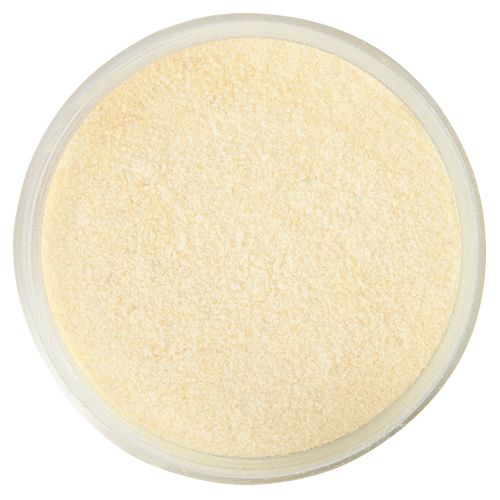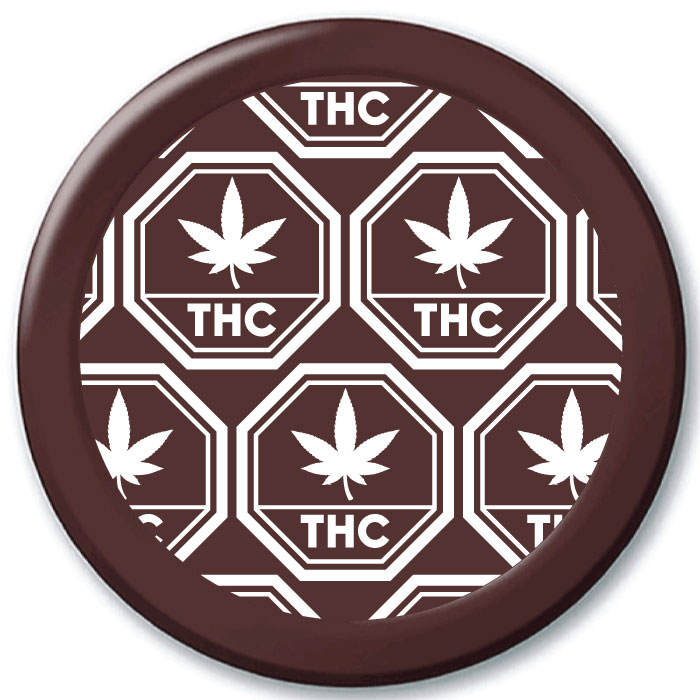 S2K Commerce - Products Dropdown
S2K Commerce - Products Dropdown
 S2K Commerce - Order Entry
S2K Commerce - Order Entry
- Dextrose Equivalent: #501215A (DE43), #501215AA (DE63)
- Glucose syrup is a sugar syrup derived from potato starch. Here are some common culinary uses of glucose syrup:
- Baked goods: Glucose syrup is often used in baked goods such as bread, cakes, and cookies to add sweetness and improve the texture. It helps to retain moisture and create a soft, tender crumb.
- Confectionery: Glucose syrup is a common ingredient in confectionery such as candy, caramels, and chocolate. It helps to prevent crystallization and create a smooth, creamy texture.
- Beverages: Glucose syrup is used in beverages such as sports drinks and energy drinks to provide a quick source of energy. It is also used in some fruit juices and sodas to enhance the sweetness.
- Ice cream: Glucose syrup is often used in ice cream to improve the texture and prevent crystallization. It helps to create a smooth, creamy texture and improve the scoopability.
- Sauces and marinades: Glucose syrup is sometimes used in sauces and marinades to add sweetness and improve the texture. It can also act as a thickener and help to create a glossy finish.
- Canning and preserving: Glucose syrup is used in canning and preserving to prevent crystallization of the sugar and ensure a smooth texture.
- In sugar work, glucose prevents recrystallisation and makes sugar mass elastic.
- Bulk sizes available on request.
Item#:
501215S
- Glucose is a sugar derived from starch (corn, wheat, potato, tapioca, or rice) and sold in powder and syrup form. Here are some common culinary uses of glucose:
- Baked goods: Glucose is often used in baked goods such as bread, cakes, and pastries to add sweetness and improve the texture. It helps to retain moisture and create a soft, tender crumb.
- Confectionery: Glucose is a common ingredient in confectionery such as candy, caramels, and chocolate. It helps to prevent crystallization and create a smooth, creamy texture.
- Beverages: Glucose is used in beverages such as sports drinks and energy drinks to provide a quick source of energy. It is also used in some fruit juices and sodas to enhance the sweetness.
- Ice cream: Glucose is often used in ice cream to improve the texture and prevent crystallization. It helps to create a smooth, creamy texture and improve the scoopability.
- Sauces and marinades: Glucose is sometimes used in sauces and marinades to add sweetness and improve the texture. It can also act as a thickener and help to create a glossy finish.
- In sugar work, glucose prevents recrystallisation and makes the sugar mass elastic.
- Dextrose Equivalent (DE): 42
- Certified Kosher and Pareve
- Bulk sizes available on request.
Item#:
501214S
Powdered
- Dextrose, also known as grape sugar, is a simple sugar that is a naturally occurring form of glucose. Here are some culinary usages for dextrose:
- Sweetener: Dextrose is often used as a sweetener in many food products, including baked goods, dairy products, and confectionery.
- Caramelization: Dextrose is sometimes used in caramelization processes to create a golden brown color and distinctive flavor in baked goods and savory dishes.
- Fermentation: Dextrose is commonly used in the fermentation of beer, wine, and other alcoholic beverages, as it serves as a food source for yeast and other microorganisms.
- Browning agent: Dextrose can also be used as a browning agent in baked goods and other foods, as it reacts with amino acids to create a rich brown color.
- Flavor enhancer: Dextrose can enhance the flavor of certain foods, such as sauces and marinades.
- Binder: Dextrose can be used as a binder in processed meat products, such as sausages and hot dogs, to improve texture and moisture retention.
- 70% as sweet as sugar and very hygroscopic.
- Dextrose inhibits crystallization in ice creams and sorbets.
- Also provides flexibility to rolled fondant.
- DE 95
- Bulk sizes available on request.
Item#:
501028S
- Xanthan Gum is a natural gum produced by culture fermentation of glucose that is very stable under a wide range of temperatures and pH. Here are some culinary usages for xanthan gum:
- Thickening: Xanthan gum can be used to thicken liquids such as sauces, gravies, soups, and salad dressings. It can also be used to create thicker batters and doughs for baking.
- Emulsifying: Xanthan gum can be used as an emulsifier to keep liquids from separating, such as in salad dressings and mayonnaise.
- Gluten-free baking: Xanthan gum can be used in gluten-free baking to replace the binding and elasticity properties of gluten. It can help to give gluten-free breads and baked goods a better texture.
- Ice cream and sorbet: Xanthan gum can be used in ice cream and sorbet to create a smoother texture and prevent ice crystals from forming.
- Meat and poultry products: Xanthan gum can be used as a binder in meat and poultry products such as sausages and deli meats. It can help to improve the texture and prevent the products from drying out.
- Typical usage: 0.1% to 0.5% by weight.
- Xanthan Gum is cold water soluble.
- Certified Kosher and Pareve
- Bulk sizes available on request.
Item#:
501814S


